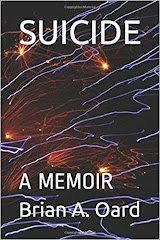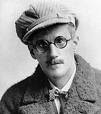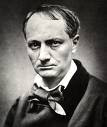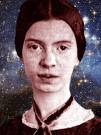In a Dark Time
In a dark time, the eye begins to see,
I meet my shadow in the deepening shade;
I hear my echo in the echoing wood—
A lord of nature weeping to a tree.
I live between the heron and the wren,
Beasts of the hill and serpents of the den.
What’s madness but nobility of soul
At odds with circumstance? The day’s on fire!
I know the purity of pure despair,
My shadow pinned against a sweating wall.
That place among the rocks—is it a cave,
Or winding path? The edge is what I have.
A steady storm of correspondences!
A night flowing with birds, a ragged moon,
And in broad day the midnight come again!
A man goes far to find out what he is—
Death of the self in a long, tearless night,
All natural shapes blazing unnatural light.
Dark, dark my light, and darker my desire.
My soul, like some heat-maddened summer fly,
Keeps buzzing at the sill. Which I is I?
A fallen man, I climb out of my fear.
The mind enters itself, and God the mind,
And one is One, free in the tearing wind.
Personally, I can say that Roethke has me until he gets all Goddy in the last lines. Big Ted's 'God,' however, might be best understood as the godhead of Emerson, that old transcendentalist Oversoul, rather than the hateful superego of wizened Pat Robertson's sad, psychopathic projections. (I contend that Robertson hates Bill Clinton for one overpowering and supersecret reason: Bubba Bill is Dorian Gray and Pat is the portrait.) Roethke, in those rare moments when he was out of his cups, might have agreed with Wallace Stevens and Ludwig Feuerbach that "God and the imagination are one"--or One, if we must be Platonic about it. (The god stuff never bothered me in John Donne or George Herbert, but in a modern metaphysical poem, it grates, striking a historically dissonant, archaic note--like a Gregorian chant suddenly swelling into the midst of Berg's Wozzeck.)










No comments:
Post a Comment